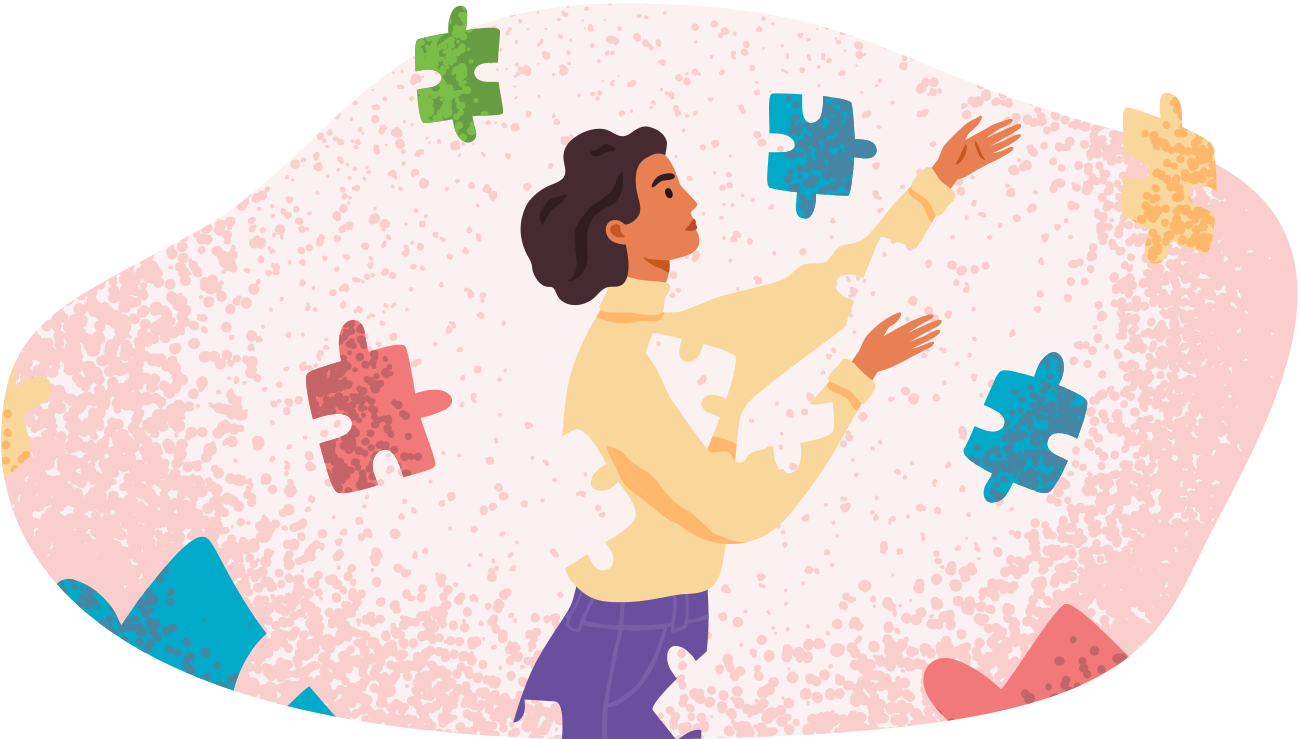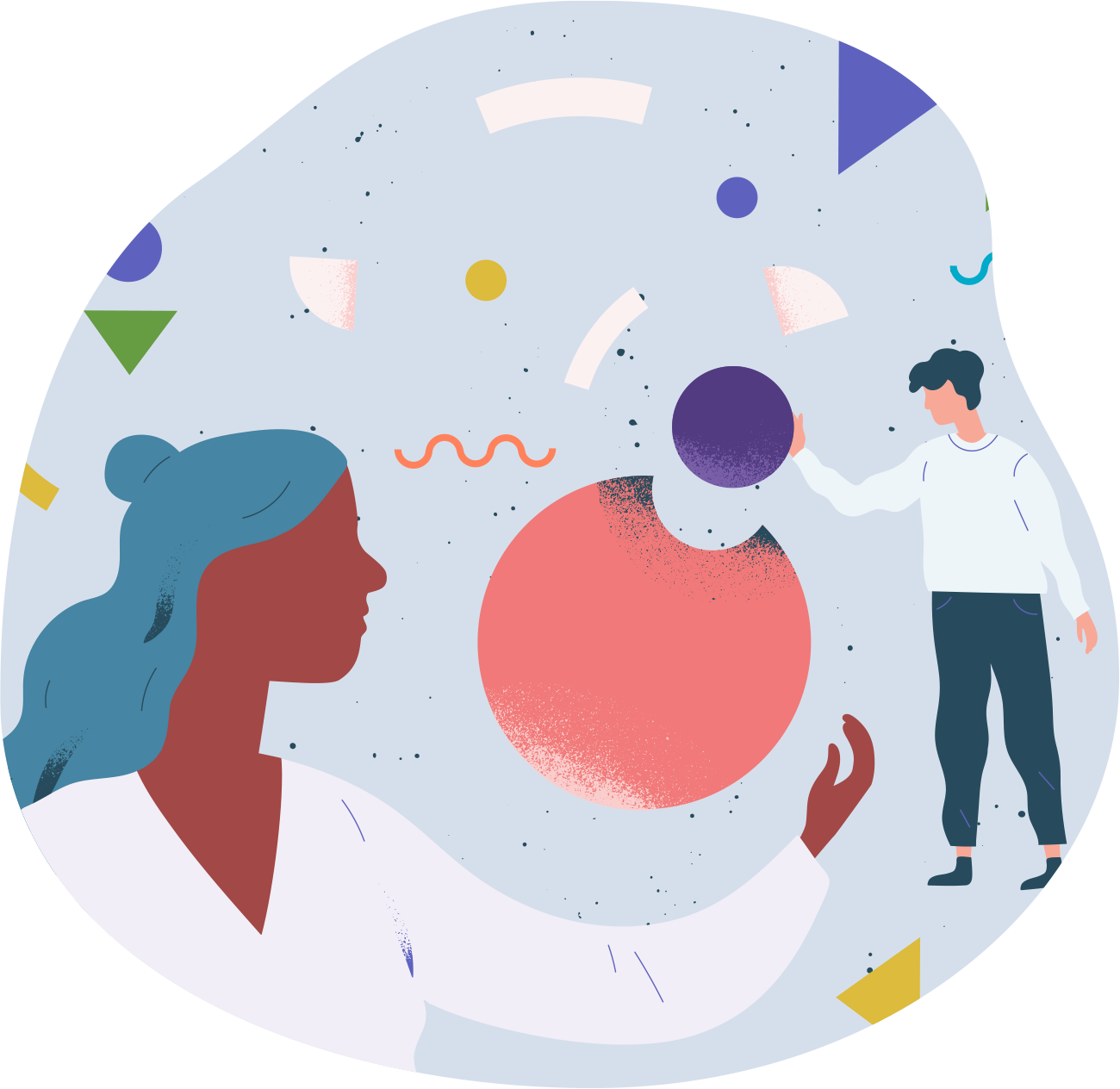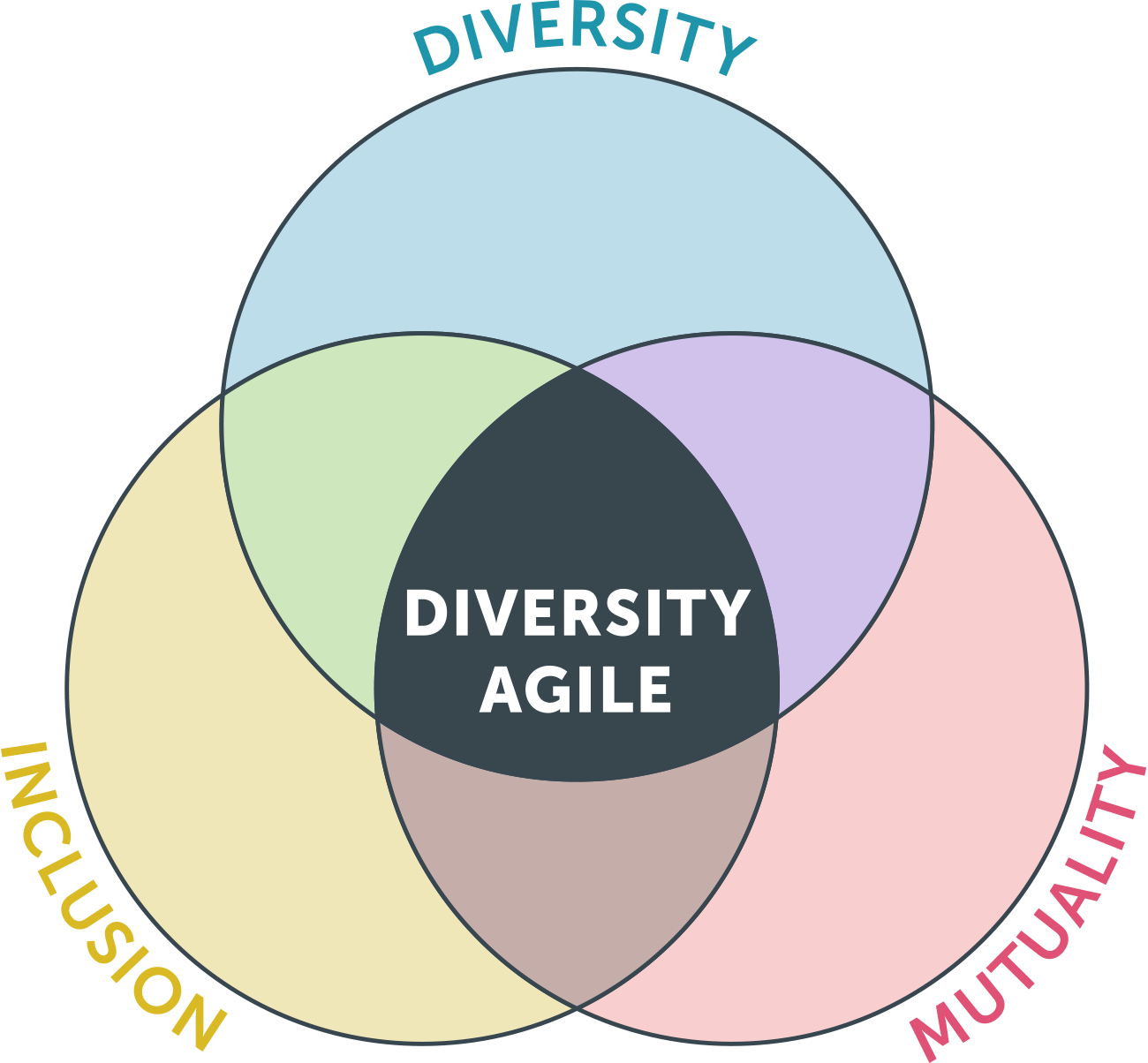
Follow our Cultural Diversity Transformation journey to become Diversity Agile
Why diversity matters
Data driven strategy
Diversity Atlas provides a well researched, robust and comprehensive platform that measures the depth of peoples Cultural Diversity, providing a complete picture that staff can more fully engage with, that value and respects our world’s rich cultural heritage and diversity.
Our solutions cover key stages that are informed, developed and delivered with a data driven approach from the onset from the Diversity Atlas platform, supported by development programs and workshops.
Become better at measuring, understanding, tracking and delivering more informed and better diversity strategies.
Adoption: The process of change
The process of change: Measure current state, understand priority goals and intent; change process in attracting, selecting, developing and engaging your people.
Innovation: The value of change
Create a culture that values inclusion: Develop your people through our change programs, make work more attractive to employees and increase innovation; creativity with greater diversity of culture and thought.
Disruption: Discontinuous refinement
Direct change: Optimise procedures and business processes, refine and disrupt as an agile organisation; build and earn trust.


The Diversity Agile framework
We use the Diversity Agile Framework to guide organisations to transact and thrive in diverse, complex and global environments. Based on the pillars of diversity, mutuality and inclusion, we provide organisations with a strategic and action-focussed roadmap in 5 stages to leverage the benefits of a highly diverse workforce. The three pillars that drive a diversity agile organisation:
Diversity: The range of attributes that people possess. How is your diversity distributed within your organisation?
Mutuality: The extent to which the diversity of your organisation reflects the diversity of your clients, customer base or the community. Are you representative?
Inclusion: The extent to which people have fair and equitable opportunities, are engaged and empowered. What do your people feel?
